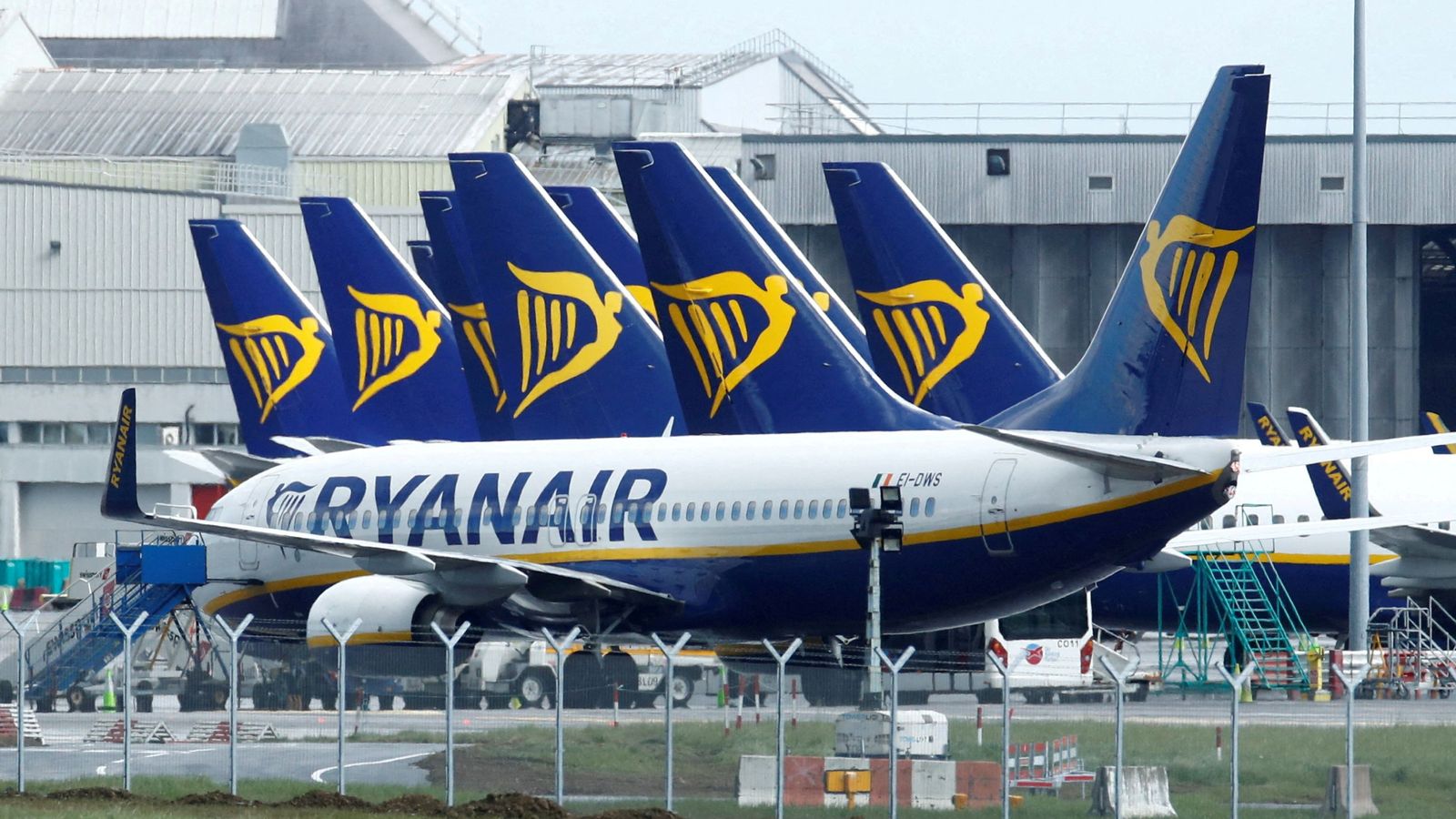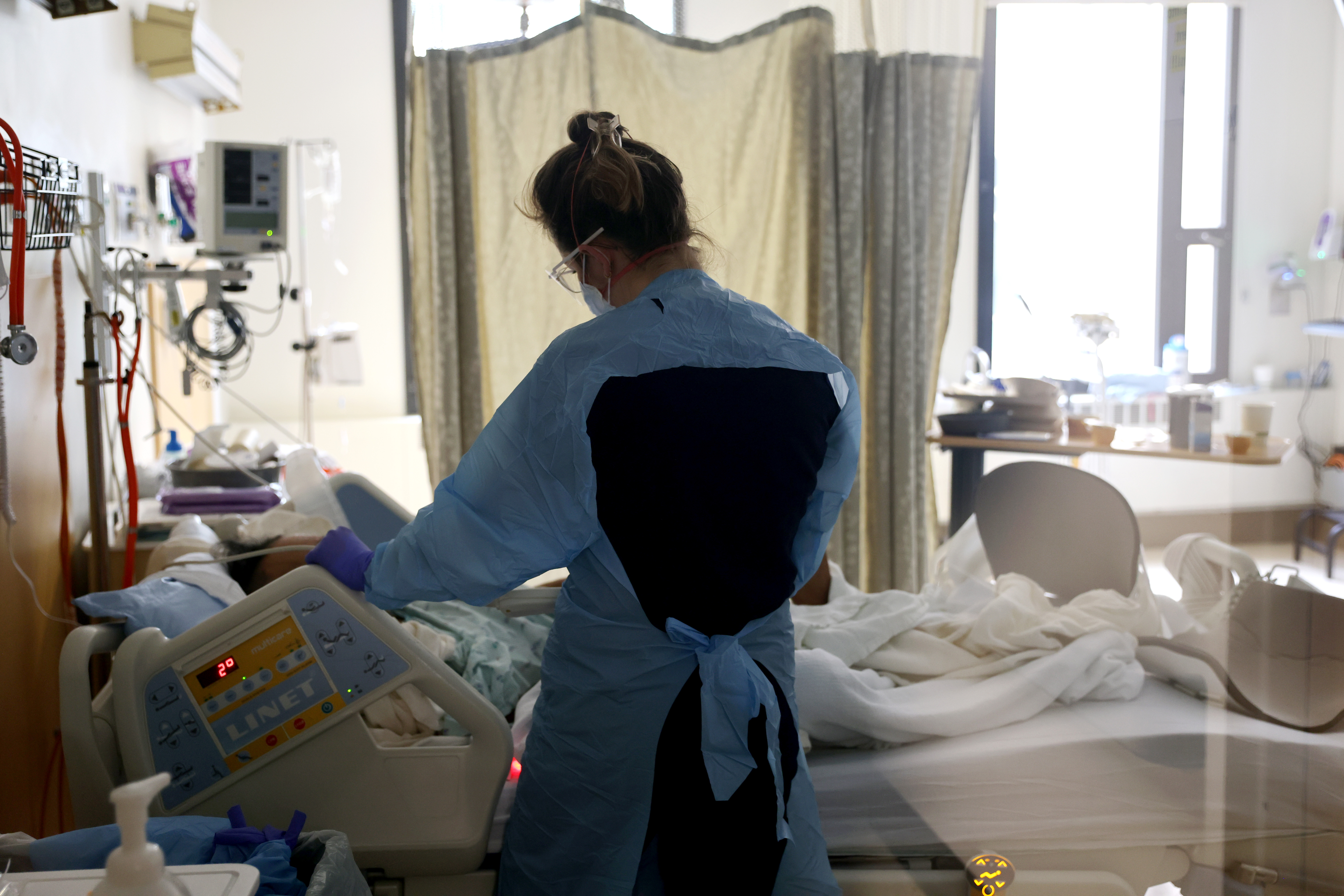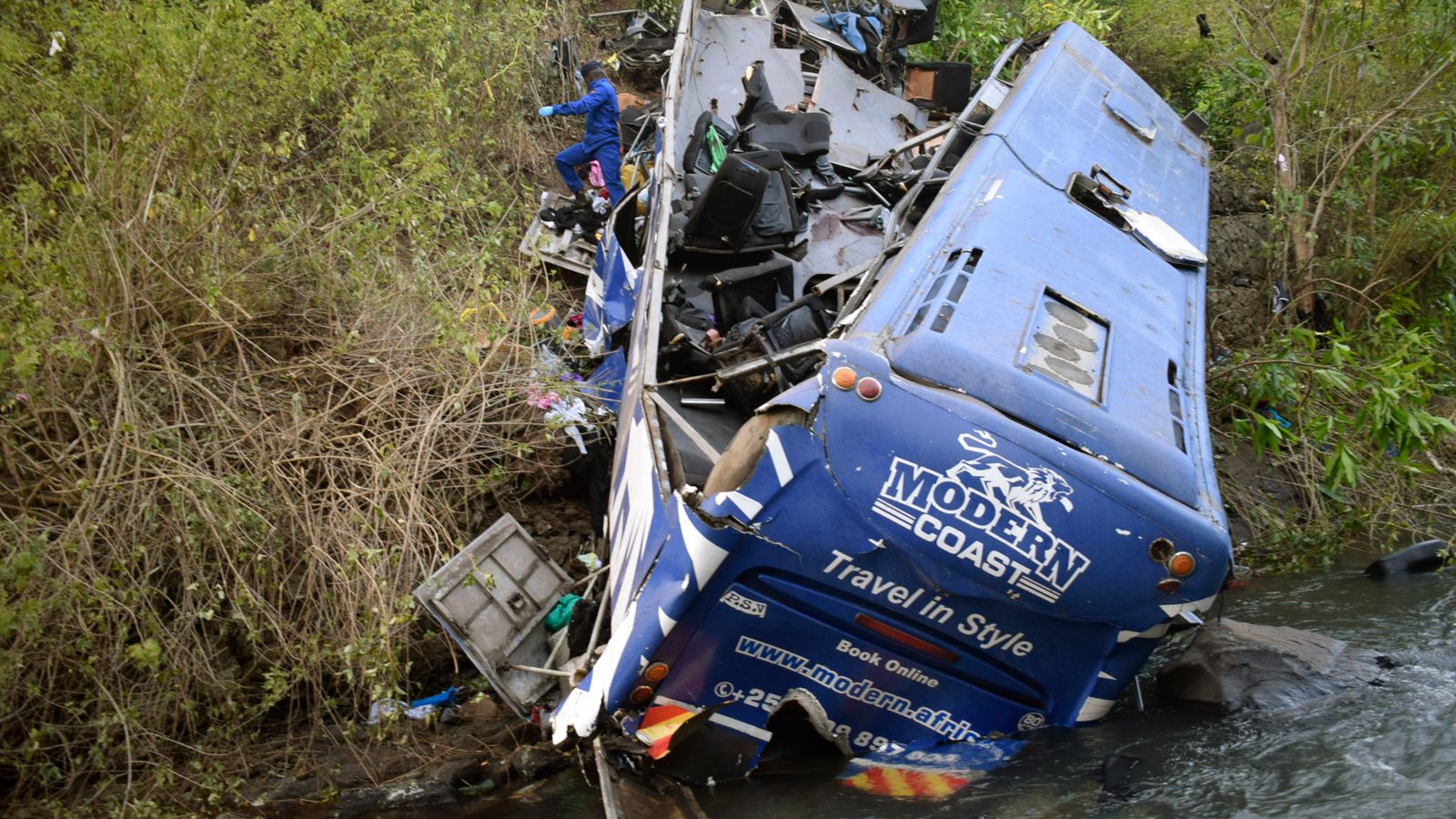Ryanair has warned that rising fuel prices will increase costs despite reporting a first-quarter profit.
The airline industry has been impacted by significant disruption at airports and the Ukraine war but the budget airliner reported profits after tax of €170m (£145m) in Q1 (April to June 2022) against net losses of €273m (£233m).
Passenger numbers were 9% higher than pre-COVID levels and rebounded to 45.5 million, as the travel industry recovers from the pandemic.
However, Ryanair said that the Ukraine conflict “badly damaged” Easter bookings and fares, reporting a 4% fall against the same quarter before coronavirus.
It also said that it was hindered by “unprecedented” air traffic control and airport handling disruption, but hopes to run “almost 100%” of its scheduled flights and minimise delays.
The carrier warned that rising oil prices will increase its costs for unhedged fuel by 20% for the remainder of the financial year.
The firm’s chief executive Michael O’Leary said: “Our decision to work with our unions and agree on pay cuts to minimise job losses (and keep crews current) throughout the two years of COVID was vindicated in recent months, as many European airlines, airports, and handling companies struggled to restore jobs that were cut during the pandemic.
Ryanair chief says flight disruption to last through summer – and blames Brexit labour market issues
Ryanair accused of discrimination for forcing Afrikaans test on South Africans
Pay dispute could hit Ryanair flights from Stansted this summer
“Ryanair seems unusual among the major EU airlines in summer ’22, insofar as we are fully crewed, despite operating at 115% of our pre-COVID capacity.
Read more from Sky News:
Pay dispute could hit Ryanair flights from Stansted this summer
Ryanair boss predicts turbulent year ahead
Ryanair signs sustainable fuel deal
Pay dispute could hit Ryanair flights
“While we remain hopeful that the high rate of vaccinations in Europe will allow the airline and tourism industry to fully recover and finally put COVID behind us, we cannot ignore the risk of new COVID variants in autumn 2022.
“Our experience with Omicron last November, and the Ukraine invasion in February, shows how fragile the air travel market remains, and the strength of any recovery will be hugely dependent upon there being no adverse or unexpected developments over the remainder of 2022-23.”
Last month, Mr O’Leary warned that disruptions at Gatwick and Heathrow will continue through the summer, adding that the problem will not be resolved until “we start allowing European workers to come in“.











